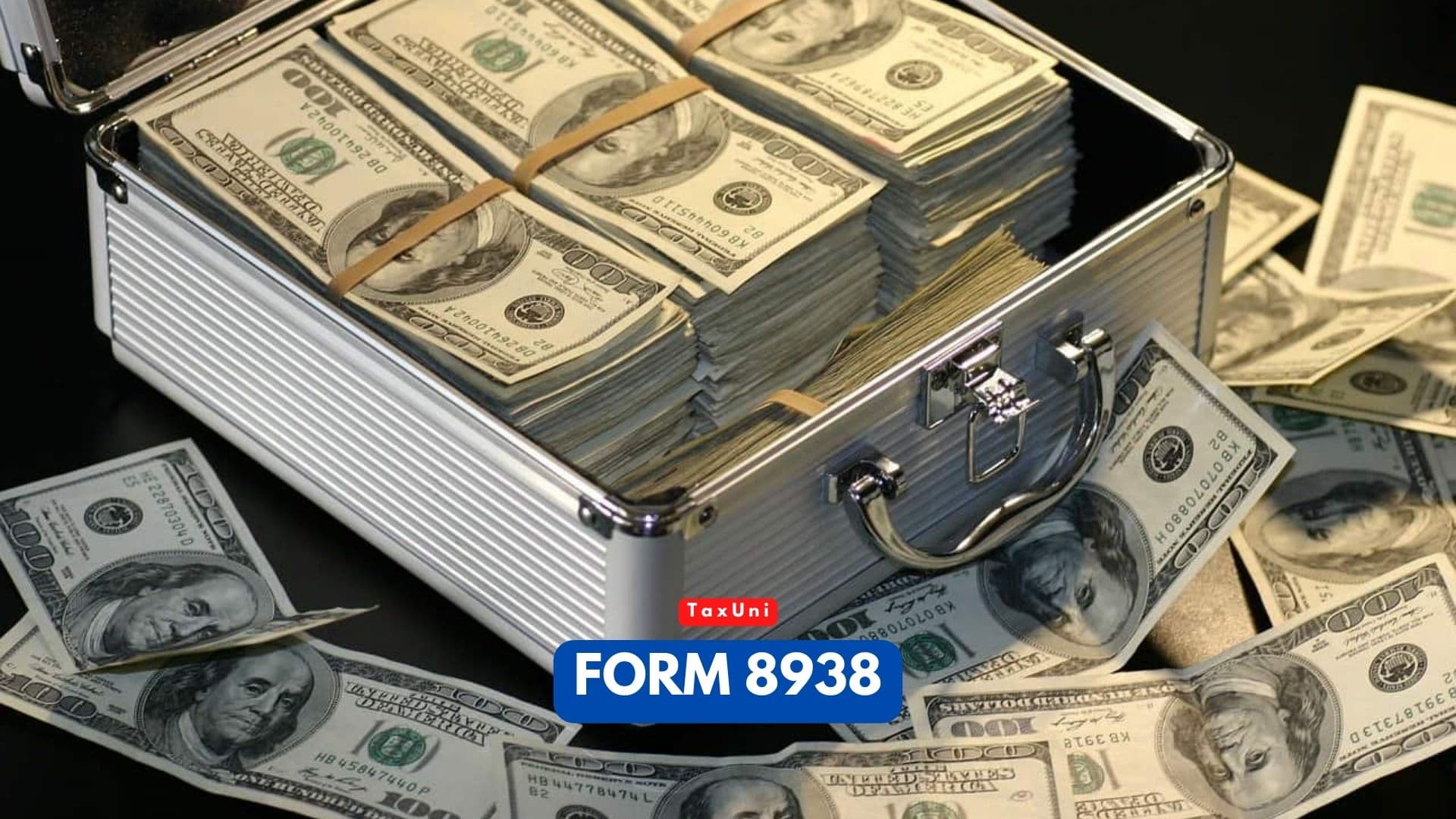Form 8938
You may be required to file Form 8938 with your annual tax return if you have any foreign financial assets. Here's what you need to do.

Form 8938 is a form that American citizens who live abroad and hold foreign financial assets are required to file with their annual tax return. This form is a part of the When filling out Form 8938, you need to be careful not to include any information that isn’t necessary for the IRS to know. For example, you don’t need to report the name of a foreign bank if you have a numbered account with them.
You can also avoid filing Form 8938 if you don’t have any financial interest in the assets that are being reported. For example, if you are interested in a mutual fund owned by a company, partnership, or trust, you don’t need to report the investment on Form 8938.
In addition to disclosing all of your financial interests in Form 8938, you should also report any other relevant information. For example, if you have any other income sources, such as dividends, taxed in your country of residence, you must include them on Form 8938, passed in 2010. The form requires taxpayers to report certain information about their foreign financial assets. This information is then used by the IRS to help monitor the finances of Americans living abroad.

Who Must File Form 8938?
Essentially, the form asks a taxpayer to estimate the total value of their foreign financial assets at the end of the year and the maximum amount of that foreign asset during that time period. It also allows the taxpayer to report a specified interest in an entity, such as a corporation, partnership, or trust.
If the total value of all your foreign financial assets exceeds a certain threshold, you must report the asset(s) on Form 8938. The thresholds are different for married couples filing jointly and unmarried individuals. For example, if you are married and living abroad, you must report your foreign financial assets if they exceed $100,000 on December 31 or more than $200,000 at any point during the year.
However, if you are an individual and have been living overseas for more than a year, you must report your foreign financial assets on Form 8938 if the total of all your foreign financial assets exceeds $300,000. You must also report the value of any real estate you own abroad.
In addition, a taxpayer must report the name of the foreign bank that holds a foreign financial account. A taxpayer must also report the account number and other related information.
A taxpayer can report a foreign financial account on Form 8938 or the FBAR, but there are some differences between the two forms. One key difference is that for the FBAR, an account held at a U.S.-owned bank or a U.S.-owned branch of a foreign bank is considered to be a foreign account and must be reported on Form 8938, while for the FBAR, it does not.

What to Consider when Filling out Form 8938?
When filling out Form 8938, you need to be careful not to include any information that isn’t necessary for the IRS to know. For example, you don’t need to report the name of a foreign bank if you have a numbered account with them.
You can also avoid filing Form 8938 if you don’t have any financial interest in the assets that are being reported. For example, if you are interested in a mutual fund owned by a company, partnership, or trust, you don’t need to report the investment on Form 8938.
In addition to disclosing all of your financial interests in Form 8938, you should also report any other relevant information. For example, if you have any other income sources, such as dividends, taxed in your country of residence, you must include them on Form 8938.





